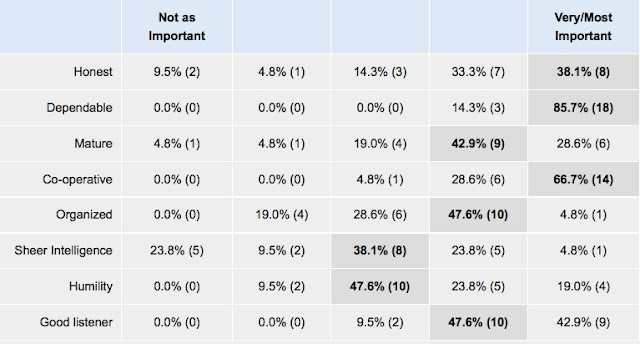Answers to a Burkean Quiz
"A is not identical with his colleague, B. But insofar as their interests are joined, A is identified with B. Or he may identify himself [or herself] with B even when their interests are not joined, if s/he assumes they are, or is persuaded to believe so ... [T]wo persons may be identified in terms of some principles they share in common, an 'identification' that does not deny their existence."
“Men seek for vocabularies that will be faithful reflections of reality. To this end they must develop vocabularies that are selections of reality. And any selection of reality must, in certain circumstances, function as a deflection of reality.”
Aristotle's definition of rhetoric = "the faculty of discovering in an any given situation all available means of persuasion."
Quintillian's definition of rhetoric = "Bene dicendi scientia," which means: "Science of speaking well." (Also famous for the definition, "[Rhetoric is] the good man speaking well." Quintillian brought ethics and persuasion close together, suggesting that one of the best ways to be persuasive is to be a genuinely good person.)
"There is an intermediate area of expression that is not wholly deliberate, yet not wholly unconscious. It lies midway between aimless utterance and speech directly purposive."
"You persuade a wo/man only insofar as you can talk his [or her] language by speech, gesture, tonality, order, image, attitude, idea, identifying your way with his."
Three key processes of identification:
1) Naming something or someone according to specific properties;
2) Associating with and disassociating from others--suggesting that persons (and ideas or things) share, or do not share, important qualities in common;
3) The product or end result of identifying--the state of being consubstantial with others.
-------------------------------------------------------------------------------------
What makes a great group member?
-------------------------------------------------------------------------------------
-------------------------------------------------------------------------------------
"An ideograph is an ordinary-language term found in political discourse.It is a high order abstraction representing commitment to aparticular but equivocal and ill-defined normative goal."
~ Michael Calvin McGee ~
"Human beings are 'conditioned,' not directly to belief and behavior,
but to a vocabulary of concepts that function as guides,
warrants, reasons, or excuses for behavior and belief."
~ Michael Calvin McGee ~
[ the LIBERTY dollar ]
"Such reduction to a simplicity being technically reduction
to a summarizing title or 'GOD-TERM.' When we confront a simplicity
we must forthwith ask ourselves what complexities are subsumed beneath it."
~ Kenneth Burke ~
"No one has ever seen 'equality' strutting up the driveway,
so, if 'equality' exists at all, it has meaning through its specific applications."
~ Michael Calvin McGee ~
*** McGee's essay, "The Ideograph: A Link Between Rhetoric and Ideology" is available on Carmen ***
-------------------------------------------------------------------------------------
"Human beings are 'conditioned,' not directly to belief and behavior,
but to a vocabulary of concepts that function as guides,
warrants, reasons, or excuses for behavior and belief."
~ Michael Calvin McGee ~
[ the LIBERTY dollar ]
"Such reduction to a simplicity being technically reduction
to a summarizing title or 'GOD-TERM.' When we confront a simplicity
we must forthwith ask ourselves what complexities are subsumed beneath it."
~ Kenneth Burke ~
"No one has ever seen 'equality' strutting up the driveway,
so, if 'equality' exists at all, it has meaning through its specific applications."
~ Michael Calvin McGee ~
*** McGee's essay, "The Ideograph: A Link Between Rhetoric and Ideology" is available on Carmen ***
-------------------------------------------------------------------------------------






No comments:
Post a Comment